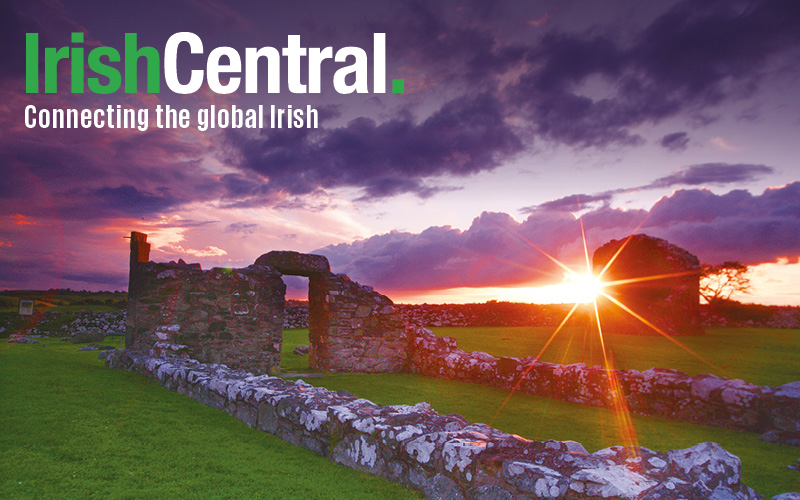Martin McGuinness, the current Deputy First Minister of Northern Ireland, has said that the Irishmen who died in action in World War I should be remembered, and that "Republicans have no wish to erase the memory of their bravery or their part in Irish history."
"Many working-class Irishmen fought in the British army at that time because of the unrelenting poverty that they and their families experienced," the Minister told a gathering at MacGill Summer School in Glenties, County Donegal.
This year’s “summer school” is in its 13th year, and according to the school’s website this year’s aim is to: “analyze the political, economic and administrative systems that have allowed our economy to be brought to its knees and l propose solutions,” adding that, “The nature and structures of our parliamentary democracy and our political culture will come under particular scrutiny. Questions will be asked as to how and why our political and economic institutions were unable to foresee the extent of the current crisis or were incapable of taking or were unwilling to take measures that might have diminished the gravity of it”.
The speaker also noted that the upcoming decade would see the centenaries of: "a number of defining events in Irish history including the Great Lockout of 1913, the Easter Rising, the Battle of the Somme, the Ulster Covenant and the Partition of Ireland".
"Nobody should be afraid of commemorating or debating these landmarks in our history," he said.
Irishmen from both the North and South (Republic) of Ireland fought in the first World War, sometimes side by side, sometimes on opposing sides.
"The experiences of republicans, nationalists, unionists and all others form part of our collective memory. They are part of who we are as a community, as a nation,” he also added.
"While we must remember these events we also must critically engage with our past. The past 100 years, while a fraction of the life of the nation, was taken up by partition, divergence, exclusion and conflict.
"These failures must be consigned to the past. I believe that Ireland is now set on a course towards unity, convergence, inclusion, and lasting peace. This is not a bland aspiration."




Comments